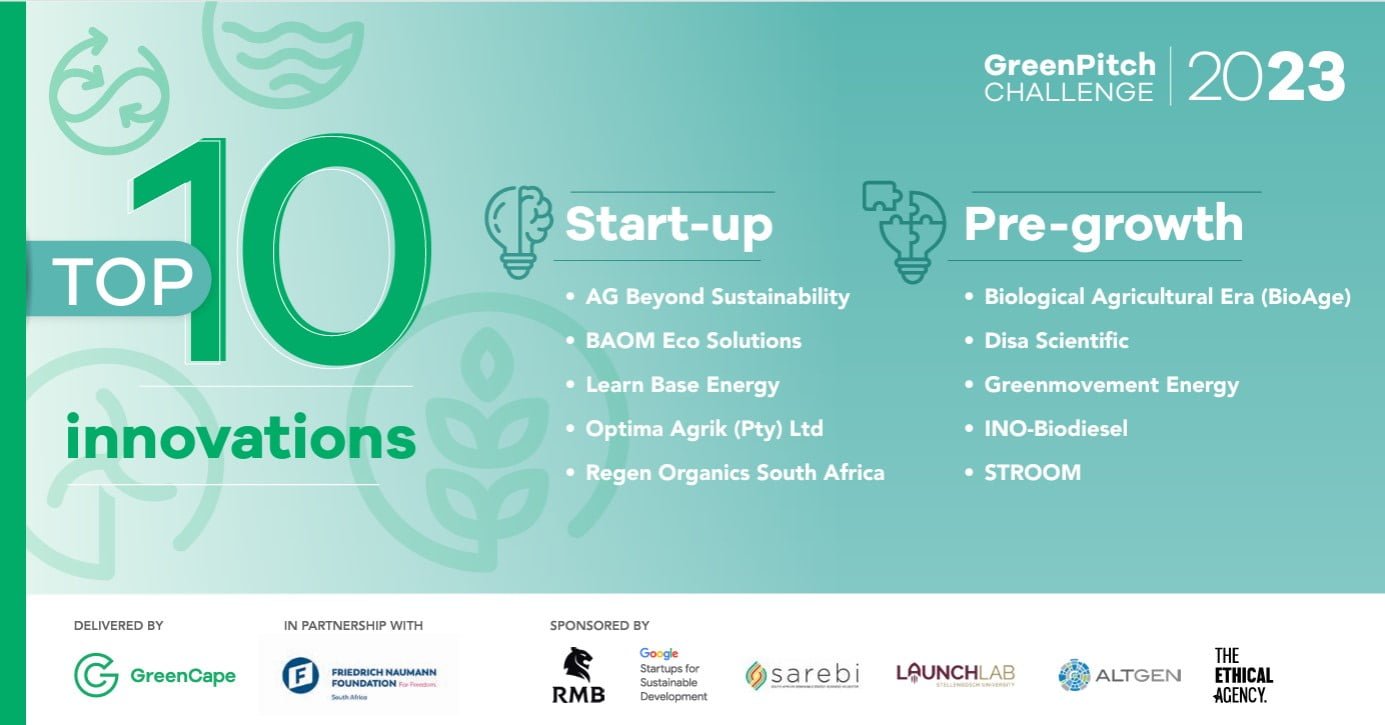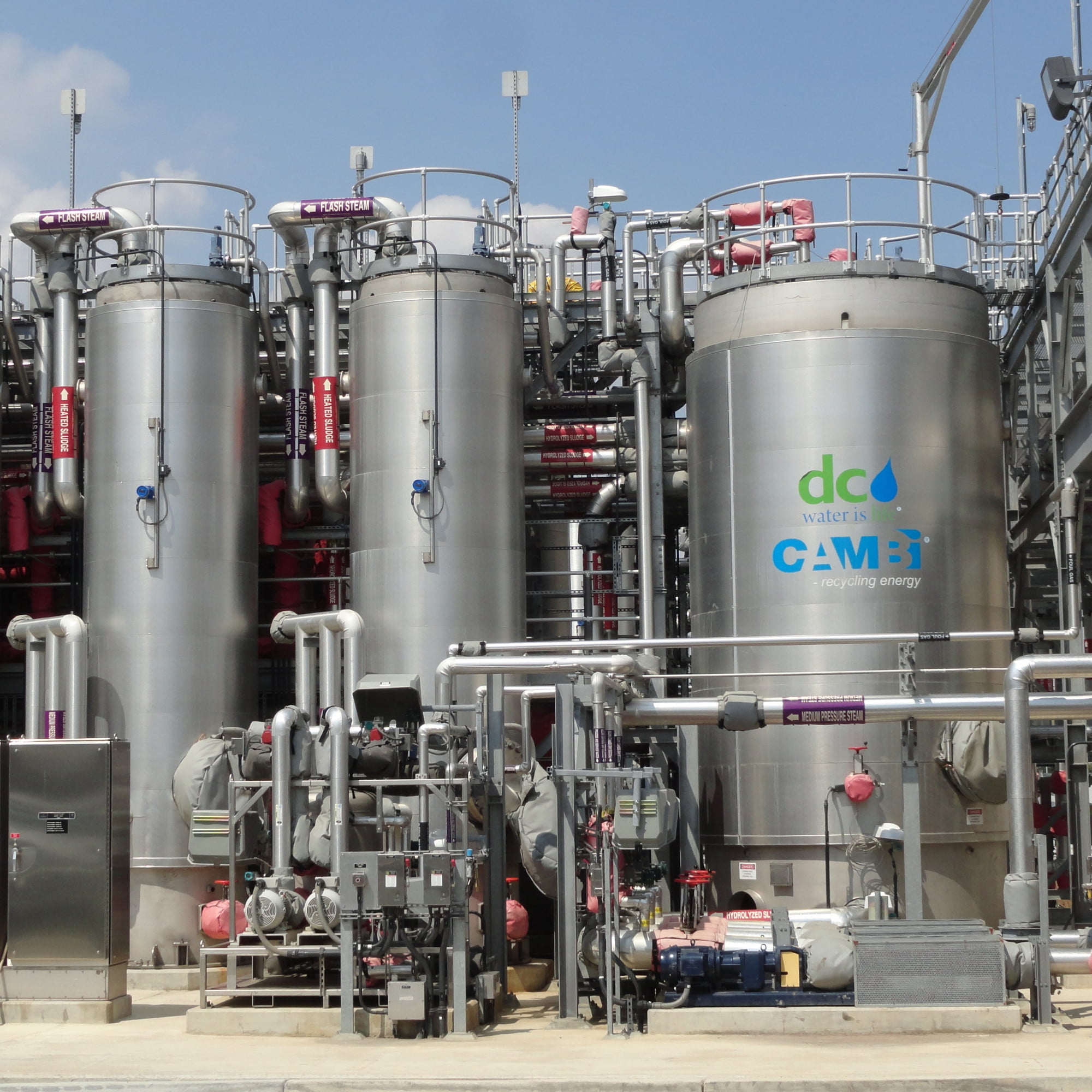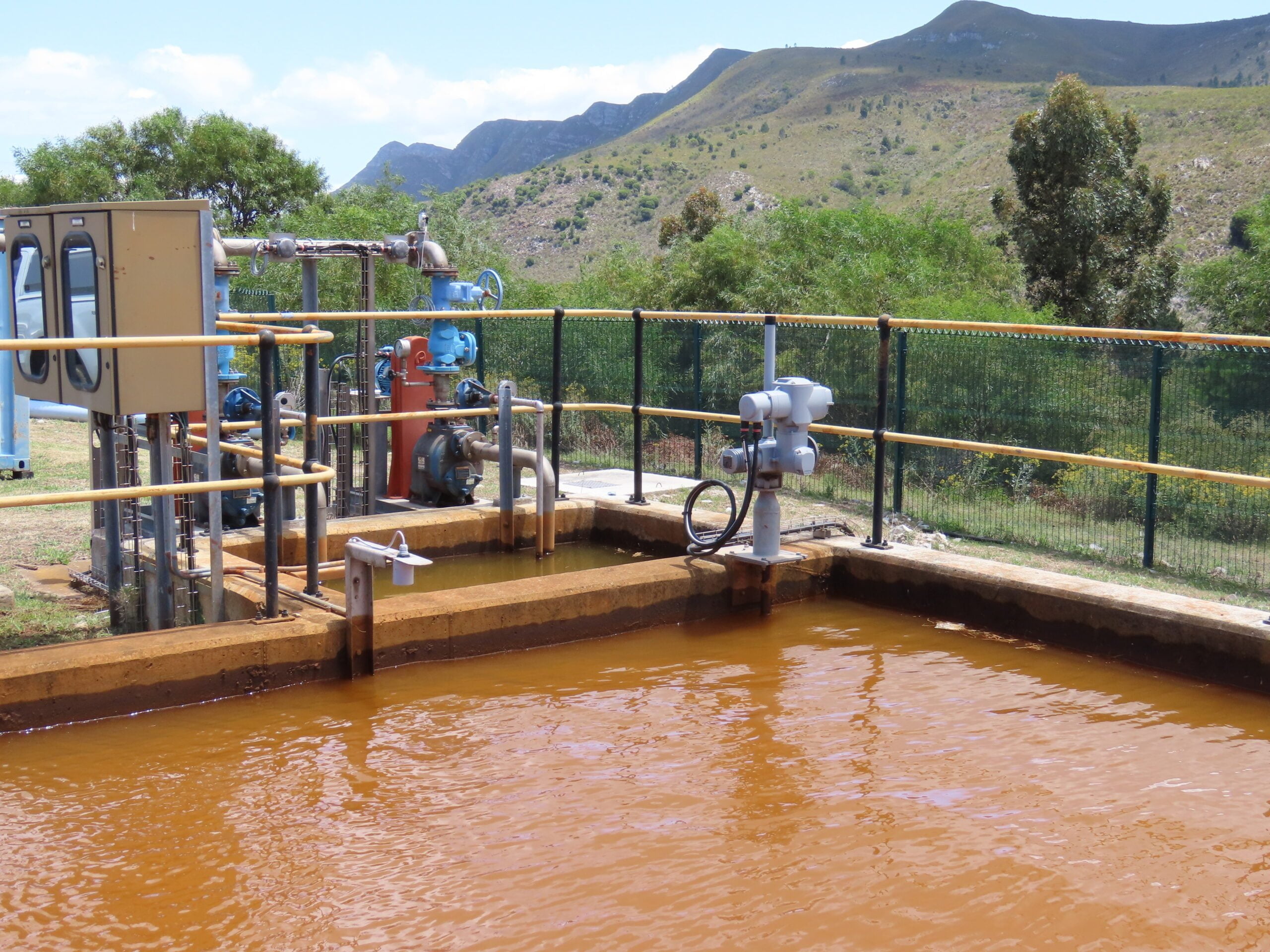Energy Sectors
Contact the team

Yaseen Salie
Sector expert
Bio-energy
Market intelligence
More stringent waste management regulations are playing an increasing role in encouraging the uptake of biogas for the treatment of agri-processing waste and the organic fraction of municipal solid waste. The feasibility of large scale bioethanol from energy crops has been examined with determining factors found to be basic fuel price, feedstock cost, technology choice and potential revenue from by-products (distillers grain, excess energy if installing CHP).
Opportunities: Fast facts
- Upgraded biomethane can serve as a supplementary source of gas (for industrial use, and potentially vehicule fuel) in the Western Cape, due to declining supply of natural gas from petroleum refineries. Additionally, the carbon dioxide recovered from the upgrading can be used in the food and chemical industries.
- Biodiesel from waste vegetable oil presents an opportunity on the small-scale.
- There is market interest in bioenergy from the production of syngas using woody biomass, and liquid biofuels from algal cultivation.
GreenCape’s work in the space
The Bioenergy project aims to identify and accelerate the uptake of bioenergy opportunities in the Western Cape.
The feasibility of bioenergy opportunities has been explored in a number of projects:
- Developing a Business Case for Sustainable Biofuels in South Africa (2013)
- Biofuels: From Viability to Pilot Projects. Status Quo of the Biofuels Sector in the Western Cape (2014)
- Biofuels: From Viability to Pilot Projects. Re-assessment of the Western Cape’s biofuel production potential via a multi-criteria analysis (2015)
- Assessment of Process Options for Triticale Fermentation to Ethanol in the Western Cape (2016)
The above projects investigated liquid biofuels such as biodiesel and bioethanol from energy crops with a focused study on the viability of large scale bioethanol production from triticale.
Triticale is of particular interest in the Western Cape due to its suitability for (primarily dry land) cultivation, the opportunity to return marginal land into production by enhancing its productivity through crop rotation with triticale and the attendant opportunities this could create for emerging farmers. Focus has shifted away from liquid biofuels due to a number of factors such as delays in national policy instruments including an proposed incentive programme influenced by a nationwide drought and the low basic fuel price.
The focus of the Bioenergy project for 2016/2017 is on the business case for biogas generation from organic waste streams which is increasingly gaining commercial interest, in part driven by more stringent national and regional waste management regulations (e.g. more stringent requirements for composting facilities and potential banning of organics from landfill). The biogas business case aims to illustrate when biogas may be appropriate and what the alternatives are. The intent is to ensure that organic waste generators / potential investors are aware of and select this technology when appropriate and do not select biogas over an alternative (green technology) that could better serve their needs or at the expense of an alternative technology that would have greater value-add potential / business benefit.
The Bioenergy project works closely with the Western Cape Industrial Symbiosis Programme (WISP) in assisting project developers to source feedstock.
The business case and a feasibility assessment decision support tool will be made available after March 2017.


